THE BELIEVER: What was it like to compose the songs for Almost Famous?
NANCY WILSON: One thing that always seems to sink most fictional movies about rock: the fake songs. So we tried to be as authentic as possible. Before the movie started shooting, Cameron and I were taking a break at the beach, and thought we’d just launch headlong into the whole fictitious world of this Midwestern mid-level rock group circa 1972. We wanted them to feel like a blend of Bad Company with a little Led Zeppelin, Cream, and some Allman Brothers mixed in. All their songs, we decided, were either about a vague father complex, or the road. Nothing in the middle. You have no idea how fast and how fun those songs were to write! Every song is either about “Babe, I have to ramble” or “Father, father”… and sometimes both! And then, once we had the songs done, the problem became finding the right singer, because there was a certain rock accent in 1972 that no longer exists.
BLVR: A rock accent? What do you mean?
NW: There used to be a certain bluesy way of singing that people don’t really do anymore. In the ’90s, the Seattle sound developed—less of a drawl and closer to a warbley yell, the sound of Layne Staley, and somewhat Eddie Vedder and Chris Cornell, Kurt Cobain, or any number of those guys who channeled their rage through a prism of Kiss and Cheap Trick. It changed everything! And it really changed the rock accent. You still hear that grunge influence today in all the “alternative pop” stuff, or whatever you call it. But the singer for a band like Stillwater would’ve had that ’70s rock sound—more of a black blues translated back through the English bands’ inflections. Eventually, we chose Marti Frederiksen [an L.A.-based musician and producer who has cowritten songs with Aerosmith, Def Leppard, and Sheryl Crow, to name a few]. Before we found Marti, it was my mock vocal on the songs and it was pretty funny to see Jason Lee (who played the lead singer) lip synching to my vocals…
Peter Frampton and I gave the actors lessons on how to be rock stars. One thing we did was to tell them how you have to be ready for anything, because while you’re onstage, the fans can be really unpredictable. Stuff is hurled at you, like CDs and jewelry. You’ll be in the middle of a song, playing a huge Les Paul, and they’ll come up to the lip of the stage demanding you sign some piece of paper. And you’ll be like, “Uh, well, I’m actually a little busy right now! My hands are kind of full!”
BLVR: That’s hysterical. What’s the worst thing that someone has ever done?
NW: The ones who just jump up onstage really scare me. They usually have pinwheels for eyes and get whisked quickly away by the crew.
BLVR: What other things did you teach the Stillwater guys? Like, if you’re a television anchor, I heard you’re supposed to sit on your blazer, to keep it from bunching up. Is there anything like that for a rock star?
NW: Yep, there are some cardinal sins. Like you should never wear your guitar too high, because it looks dinky. Another thing a guitar player should never do is stare at your hands too much—it’s lame.
And it’s better, believe it or not, to have slouchy, sloppy body language that guys like Jimmy Page are known for. To help the actors get it down, Cameron had them study live concert footage of bands like the Who and Led Zeppelin. And by the time the movie rolled, they looked like a real rock band. Jason Lee had a head start because he already knew how to play the guitar. Billy Crudup [who played the lead guitarist] had the farthest to go, but he applied himself so much that he really nailed it in the end. He had only played piano before, and picked it all up in six weeks. He still plays; sometimes he leaves a phone message that’s just him playing “Smoke on the Water.” Just to let us know he’s still rockin’ the Stillwater sound.
So much care went into making that movie look and feel authentic—down to the types of chords we used in the songs, the guitar straps the actors used, the floor monitors on the stage. Nothing is anachronistic. There’s even a moment when you can see a roadie asleep on a case in the background, which is something that always happens if you’re touring. We even had Jason Lee put shaving cream in his hair to style it.
BLVR: Shaving cream? In his hair?
NW: That’s what we’d do in the days before there was mousse.
BLVR: It’s kind of amazing to pause for a moment and reflect on the fact that there was a world without mousse.
NW: Yep. Back before there were a million products, we’d heard David Bowie used shaving cream in his hair. So we’d use it in ours.
BLVR: What about the other films you’ve worked on? Were you writing background music?
NW: Well, that’s completely different from writing songs for rock bands, real or fake. It’s all instrumental, first of all. And you need to make sure it doesn’t call too much attention to itself. Otherwise, it’s going to step on the dialogue or the visuals. Rather than making a big statement, it needs to be subliminal.
BLVR: That sounds so different from being a rock star, where you are so visible. Was that an interesting switch for you?
NW: On a live rock stage, I get really amped, literally and figuratively. I feel really inspired to move and perform. Commandeering a big screaming electric guitar is such a thrill. But yeah, when you’re using music to help depict a movie, it’s a very different discipline. Much more cerebral. I think about the emotional arc of a scene, and then try to paint musical colors around it.
BLVR: So how do things work? Do you start by watching a movie with dialogue but no other sound?
NW: While the movie is being filmed, I lay down different things on my own. In Almost Famous, much of that method worked. Carl Kaller, my music editor, can also create new cues from existing music and cut and paste things around to fit the picture. It happens every which way.
With Vanilla Sky, I spent about nine months working on the score in a closet of a studio. We were trying to balance out the heaviness of the story with sugary pop-culture music. We made sound collages of all kinds. We were channeling Brian Wilson to a large extent. I was recording things through hoses, around corners, playing guitars with cello bows, and with Carl Kaller, we tried all kinds of wacky stuff. In the murder–sex scene sound collage, Cameron even used Brian Wilson’s speaking voice from a Pet Sounds mix session.
The whole process was really fun. It began with reading the script together in the kitchen. Near the end I enlisted Jon Brion, who does so much great work, to help me with some string arrangements. He’s got some strange instruments we used as well. He’s done a lot of great songs and scores himself—Magnolia, I Heart Huckabees, Eternal Sunshine of the Spotless Mind. Those temporary string pieces were really great sounding, but sadly not right for the film. Again, it all sounded a little too dark when it joined to picture. But a lot of my other stuff got used.
An interview with Nancy Wilson (August 2007).
Those who know me know that I love Almost Famous. I went to the first public screening of the film, which was to be called Untitled. Cameron introduced the film and I just loved it and I loved that it was about him.





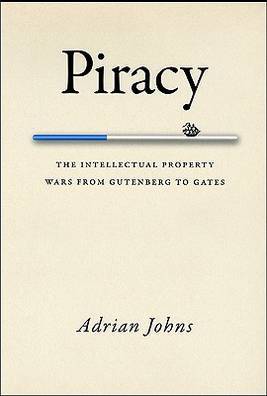

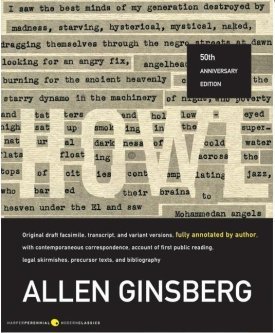
 “Why, 50 years later after a judge ruled that children could read this poem, people are afraid the courts will say…
“Why, 50 years later after a judge ruled that children could read this poem, people are afraid the courts will say…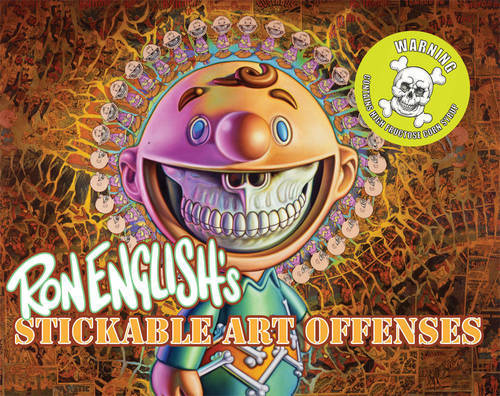

















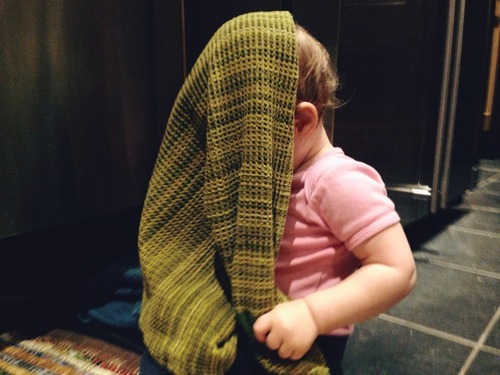

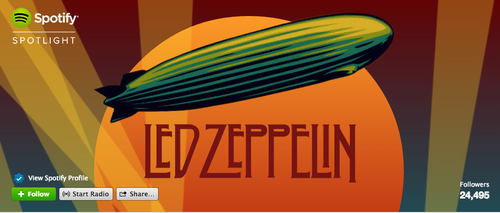 Today for the very first time, you can go to Spotify and stream Led Zeppelin…
Today for the very first time, you can go to Spotify and stream Led Zeppelin…
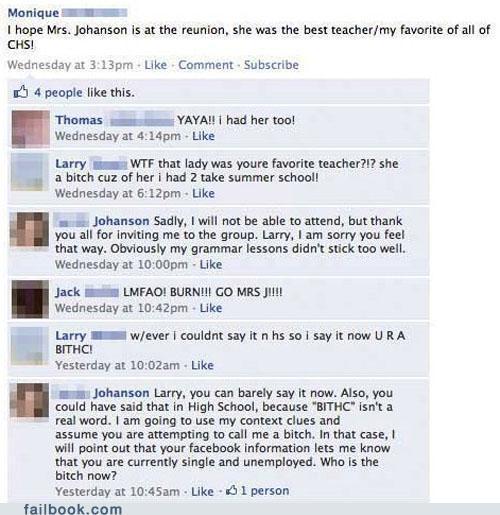

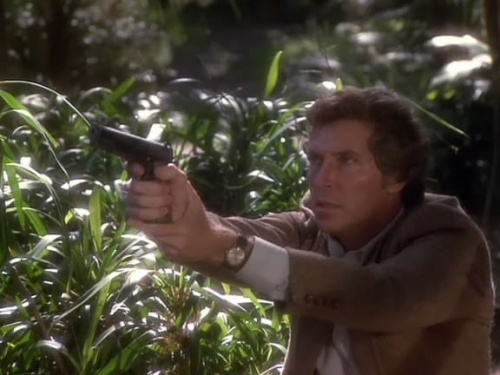






 We had a really nice write up for the cover story of the Spring issue of the always beautiful
We had a really nice write up for the cover story of the Spring issue of the always beautiful 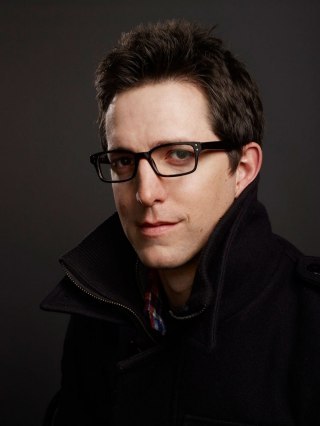



















 Join Topspin and our
Join Topspin and our 

